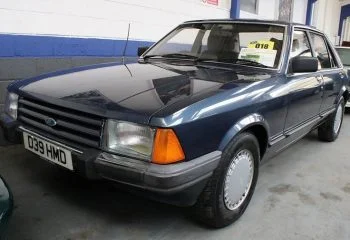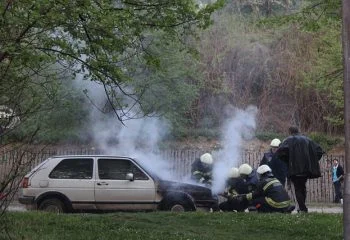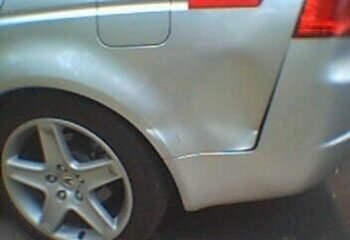It can be disconcerting when you start driving your car makes humming noise when driving. While this sound may not necessarily indicate any impending danger, it is important to try and diagnose the source of the hum in order to make sure that nothing serious is going wrong with your vehicle.
In this blog post, we’ll explore some common causes for a car making a humming noise while driving – from wheel bearings to spark plugs – so you can troubleshoot your own ride and get back out on the road without having to worry about potential issues in the near future.
What's in this post?
Why Is My Car Makes Humming Noise When Driving?

Gearbox needs lubricant
Hear a humming noise coming from your car? It’s probably trying to tell you that it needs some lubricant for its differential! The differential is the gearbox that connects your engine to the other gears, and is essential for your vehicle’s normal functioning.
Thankfully, knowing if your differential needs lubricant is an easy task—just listen out for a humming or whirring sound without any noticeable vibration connected to it.
You’re better off catching this problem early as leaving it unattended can cause further wear and tear on other parts of your car. So if you hear something unusual while you’re out driving, make sure to get it checked out by a qualified mechanic.
Low Oil
Another possibility is that your engine is low on oil. If your engine doesn’t have enough oil, it can start to make all sorts of strange noises, including a faint humming noise.
This is because the engine needs oil to lubricate all of its moving parts. Without enough oil, those parts can start to grind against each other, which will cause all sorts of strange noises. If you think this might be the problem, check your engine oil level and add more oil if necessary.
Transmission Is Failing
If your car makes humming noise when driving, this could be a sign that the transmission is failing. When your transmission isn’t working at its peak performance, it can cause serious and costly damage to your vehicle.
This issue should be taken seriously and addressed by an experienced mechanic as soon as possible to avoid any major repairs or worse – having to get a new vehicle altogether. Fortunately, if caught early there are usually simple solutions that can solve the problem before it gets too out of hand.
Universal Joints (U-Joints) And Wheel Bearings worn out
The most common cause of a humming noise coming from your car is worn out universal joints (also known as U-joints). U-joints are used to connect the transmission to the drive shaft in rear wheel drive vehicles. As they wear out, they start to hum or make clicking noises as the shaft rotates, causing vibration and noise from underneath the car.
Another common cause of humming noises in cars is worn wheel bearings. Wheel bearings are located inside each wheel and help reduce friction between moving parts by providing support for both rotating wheels and axles on your vehicle. As they start to wear out, they can create humming noises as you accelerate or turn corners due to increased friction on the bearing surfaces.
Worn wheel bearings can cause serious issues with handling performance and could lead to accidents if not addressed quickly enough, so it’s important that you stay on top of this issue if you hear any unusual sounds coming from your car.
A loose or worn serpentine belt.
The serpentine belt is an important part of your vehicle’s engine. It runs between several pulleys that are connected to various components in the engine, including the water pump, alternator, and air conditioner compressor. When it’s running correctly, it keeps these parts spinning so they can keep your car running smoothly.
However, when the belt becomes loose or worn out due to age and wear-and-tear, it can start to make loud screeching noises every time you start up your car. It can also cause other issues like decreased fuel efficiency and trouble with steering components if left unchecked for too long.
Fortunately, replacing a serpentine belt is relatively easy and inexpensive compared to other auto repair jobs. Your mechanic should be able to quickly diagnose any issues with your serpentine belt and replace it with a new one if necessary – so don’t delay!
Exhaust System Problems
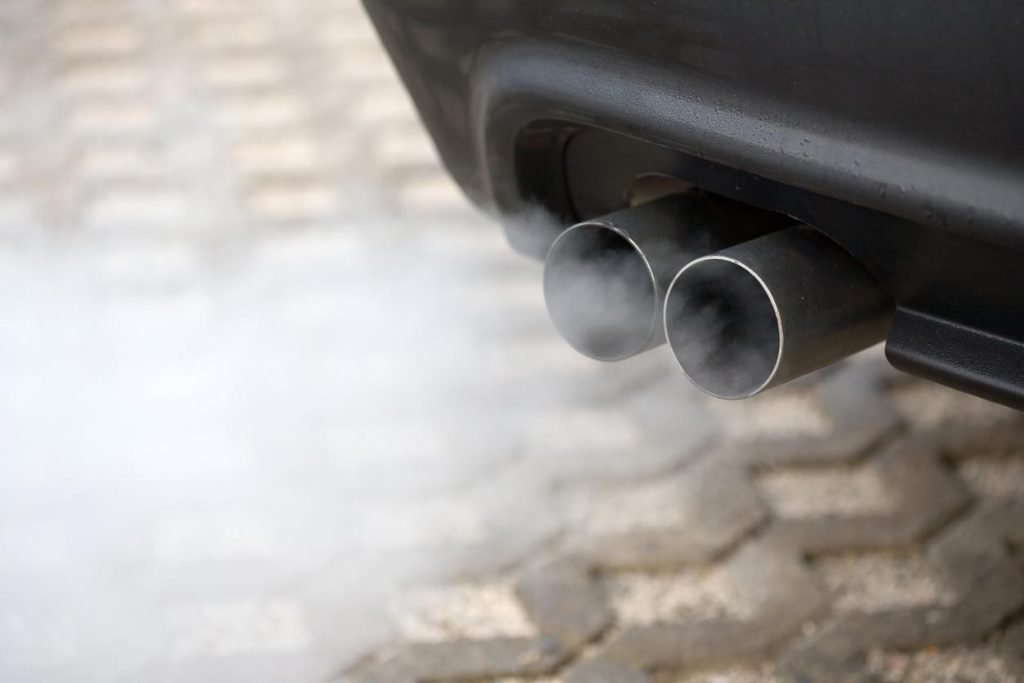
An exhaust system helps to reduce harmful emissions from your vehicle by controlling and reducing noise and air pollution levels. The system consists of four components: the catalytic converter, muffler, resonator, and tailpipe. Each component works together to help minimize engine noise, reduce vibration, and improve gas mileage.
If there’s something wrong with any part of your exhaust system, you may start to hear chugging or rattling noises when driving—especially when accelerating or driving uphill.
Other signs that there’s trouble with your exhaust system include decreased fuel efficiency (due to excessive backpressure) and black smoke coming out of the tailpipe (which indicates that too much fuel is being burned). In severe cases, exhaust leaks can lead to carbon monoxide poisoning due to leaking fumes entering the cabin through cracks in the flooring or window seals.
Your Brake Pads Are Worn Out
The most common symptom that indicates you need new brake pads is a squealing or grinding sound coming from your brakes when you press on them. This noise occurs because the metal backing plates of your brake pads have worn down completely, leaving only a thin layer of pad material remaining between them and the rotors or drums.
Other signs to look out for include pulsating brakes when slowing down, uneven tire wear on one side of the vehicle, and excessive dust accumulating on your wheels after driving.
If you suspect that your brake pads are worn out and squealing noise when driving, it is important to have them replaced as soon as possible in order to avoid any potential safety issues while driving.
Replacing brake pads can often be done by yourself if you have access to proper tools and instructions; however, if this is not something that you feel comfortable doing then it may be best to bring your car into a professional mechanic shop for assistance.
A Low Air Pressure Or Improper Alignment Tire
It’s important to regularly check your air pressure and make sure it is at the recommended level for your vehicle. Low air pressure can cause a number of issues, including poor fuel economy, an uncomfortable ride, and excessive wear on the treads.
If you notice a thudding noise coming from your tires while driving, low air pressure could be the culprit. You can easily check your tire pressure with a gauge or by stopping by your local service station.
Another possible cause of tire thudding is improper alignment. When your tires are properly aligned, they rotate in a smooth, even pattern. However, if they’re out of alignment, they can start to make a humming noise as they rotate.
This is usually accompanied by uneven wear on the treads of your tires. If you think this might be the problem, take your car to a mechanic or tire shop and have them take a look.
Wiper Making a Scraping Noise
The most common cause of scraping noises from windshield wipers is that the wiper is wearing down. This usually happens after the wiper has been used for a while and the rubber has become hardened or dried out. In some cases, it may also be caused by debris or dirt that has become lodged in the wiper blades.
If left unchecked, this problem will only get worse over time. The scraping noise will become louder and more pronounced, and eventually, the wiper may even start to skip or jump while in use. This can be extremely dangerous, as it can significantly impair your ability to see while driving in rain or snow.
This problem is relatively easy to fix. Simply replacing your windshield wipers with new ones should do the trick. Be sure to buy wipers that are specifically designed for your make and model of car, as this will ensure a perfect fit. You can usually find these wipers at any auto parts store or online retailer.
Bad Shock Absorbers
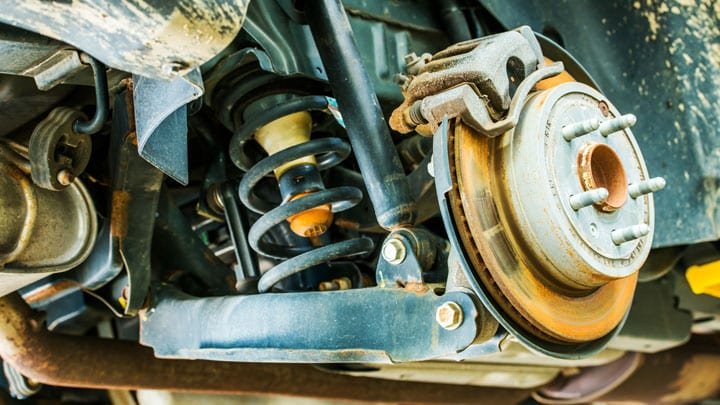
Having trouble with a clunking noise when you drive? It may be time for new shock absorbers. Shock absorbers are an integral part of the suspension system, so their quality is highly relevant when it comes to steering, handling, and braking control.
A shock absorber is a device that helps to absorb the impact of bumps and potholes on the road. The purpose of the shock absorber is to keep the wheels in contact with the ground at all times. This helps to provide a smooth ride for the passengers and helps to protect the suspension system from damage.
Shock absorbers are made up of two parts: an inner tube and an outer shell. The inner tube contains hydraulic fluid, while the outer shell contains gas or air. When the car hits a bump, the fluid in the inner tube is compressed, which helps to absorb the impact.
If they have become worn out or damaged, then it can affect the safety of the car by increasing stopping distances and reducing road grip. However don’t fret — a certified mechanic can usually replace shock absorbers quickly and economically. Keeping your car safe is vital so don’t put this repair off any longer!
A worn-out CV joint
When you hear clicking while turning, it usually means that the CV joint (constant velocity joint) is worn out. The CV joint is responsible for lubricating the front axles of the car, which are essential components in allowing the wheels to move freely. Over time, this joint can wear out due to normal wear and tear, leading to decreased lubrication of the axles. As a result, you may hear clicking noises when turning or accelerating.
If you’re hearing clicking while turning, then it’s important to address the issue as soon as possible before more costly repairs become necessary. Replacing the CV joint is often much cheaper than replacing entire axles that have been damaged by lack of lubrication. So if you start hearing clicking when you turn your vehicle, make sure to get it checked out as soon as possible.



